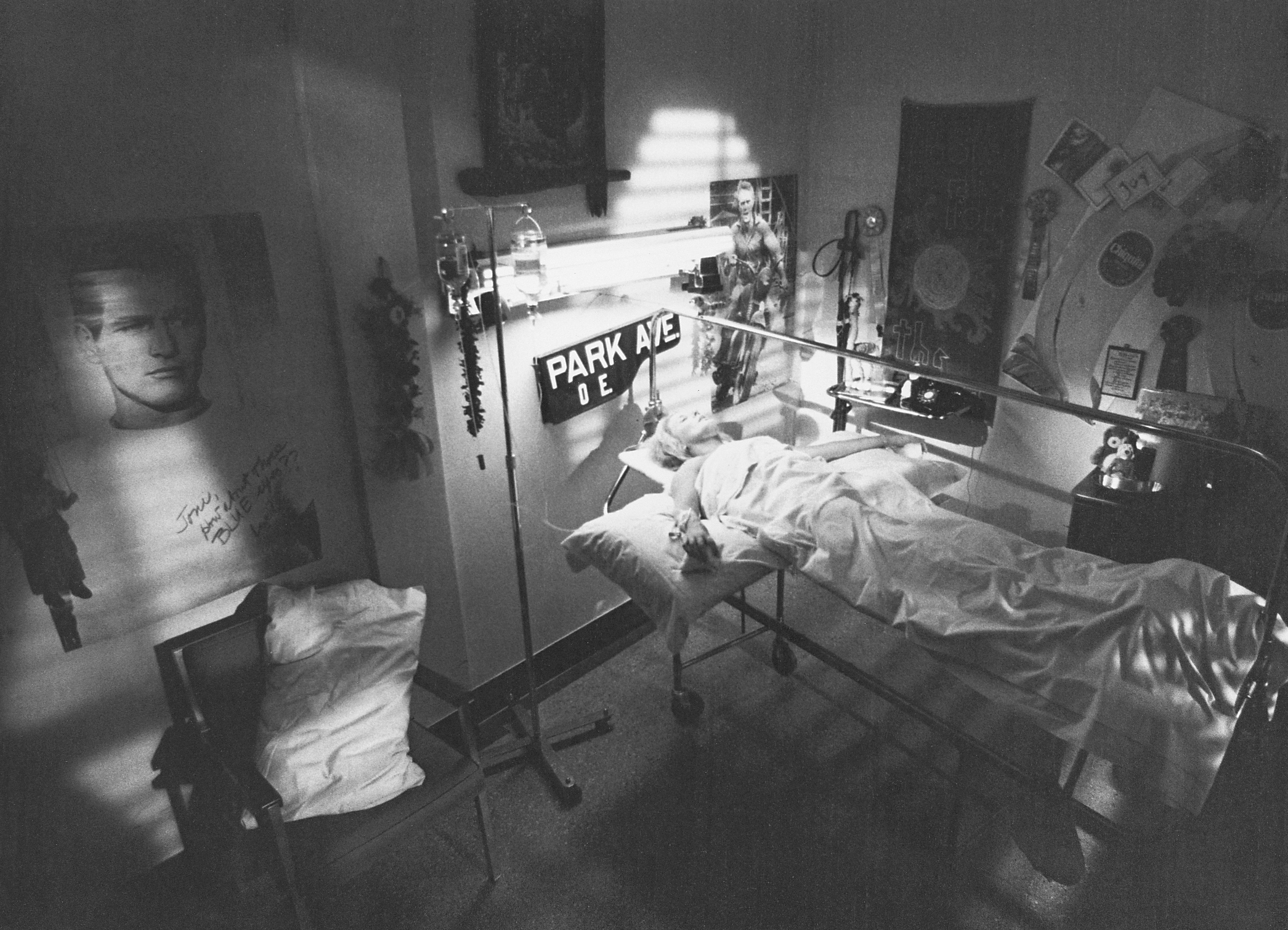How to Battle Depression with Scripture, Prayer, and Gratitude
Over the years, I have had to climb my way up out of depression time and time again.
At first, my depression came from the great disappointment of considering a life with total paralysis. When the reality of sitting in a wheelchair for the rest of my life sunk in, something inside me clicked off. While in the hospital, I was able to distract myself from morbid feelings as I went through the motions at OT and PT. But after I was released to go home, the heavy reality of permanent paralysis hung around my broken neck like a millstone.
Later on, the depression sank even deeper when pressure sores forced me to stay in bed for an entire summer. And when I took the easy route of doing nothing but watching television, my mood grew darker. One night I was watching a movie about prisoners that suddenly made me panic. I became claustrophobic and screamed for my sister to prop me up in bed. “I can’t get out, I’m trapped,” I kept repeating. That’s when I knew that I had to fight. Fight hard to ward off feelings of depression.

Eventually, I began tracking my moods and realized that dark feelings encroached when I became disengaged from good routines and habits.
Even now, the dark cloud of depression can threaten my days, though for a different reason. Chronic pain is no joke. I have to fight for my joy and my spiritual sanity, and I do it whether I feel like it or not.
Though my depression has shown itself in a variety of ways, it has always been within the context of my long-term paralysis and chronic pain. Your suffering may have contributed to seasons of depression, too. (Remember that occasional dark moods are part of what it means to be human. It’s typical for people to experience days when every thought feels heavy.)
But there is a kind of depression that is much more than the weight of dark feelings. This depression classifies as a mental illness and benefits from medication and mental health counseling.
But I believe clinical depression also benefits from prayer and the Word of God. The Bible does not tiptoe around the subject…

“My soul is downcast within me; therefore, I will remember you.”
Psalm 42:5
Whether a person experiences occasional depression or chronic and deep-seated depressive disorder, the way through requires both physical and spiritual action. For me, taking care of the physical aspect means making sure I get good rest and balanced nutrition while also double-checking my medications to catch any troubling side effects. Others may need regular exercise, more time out-of-doors, or subscription medication.
Whatever the case, depression must also be met with spiritual action.
Because ultimately, God is the one who breaks through the darkness. Yes, the Bible gives real hope.

“He lifted me up from the pit of despair, and out of the miry clay,”
Psalm 40:2
The Psalms direct us to that hope time and again. Remember that summer when I was in bed due to pressure sores? That’s when a friend showed me Psalm 77. Here, out of overwhelming hurt and disappointment, the psalmist fires six questions in rapid succession at the Lord. The explosive questions equip us to turn toward God with honest words for our torment. When we find a psalm and use it as a prayer, we reframe our suffering.

“Has the Lord rejected me forever? Will he never again be kind to me? Is his unfailing love gone forever? Have his promises permanently failed? Has God forgotten to be gracious? Has he slammed the door on his compassion?”
Psalm 77:7-9, (NLT)
I find that the best way to fight depression is to give thanks for everything, just as 1 Thessalonians 5:18 instructs us.

Whether I feel like it or not, I compose a list of blessings and recite them out loud. I make my heart be grateful. I show my heart God’s unfailing promises. I occupy my heart with a list of blessings before it gets filled up with gloomy thoughts.
Everyone’s depression is different, but if you feel as though you are walking through miry clay or that every thought weighs too heavily, let me encourage you to tackle the things I have shared here: avoid things that force sadness upon you, whether certain music or movies or places. Wrap your anguish in a psalm and speak God’s Word back to him. Give thanks even if you don’t feel thankful. Fight for your peace of mind and seek help before your depression becomes chronic. Whether you ask someone to pray for you, find a listening ear, or talk to your doctor; please, friend… Don’t suffer alone.

Pressing On: How to Lean on Christ through Suffering
After more than 55 years living with quadriplegia and chronic pain, Joni Eareckson Tada knows what it means to “press on” through suffering. Joni encourages you to join her in living out Philippians 3:14: “I press on toward the goal to win the prize for which God has called me heavenward in Christ Jesus.”





